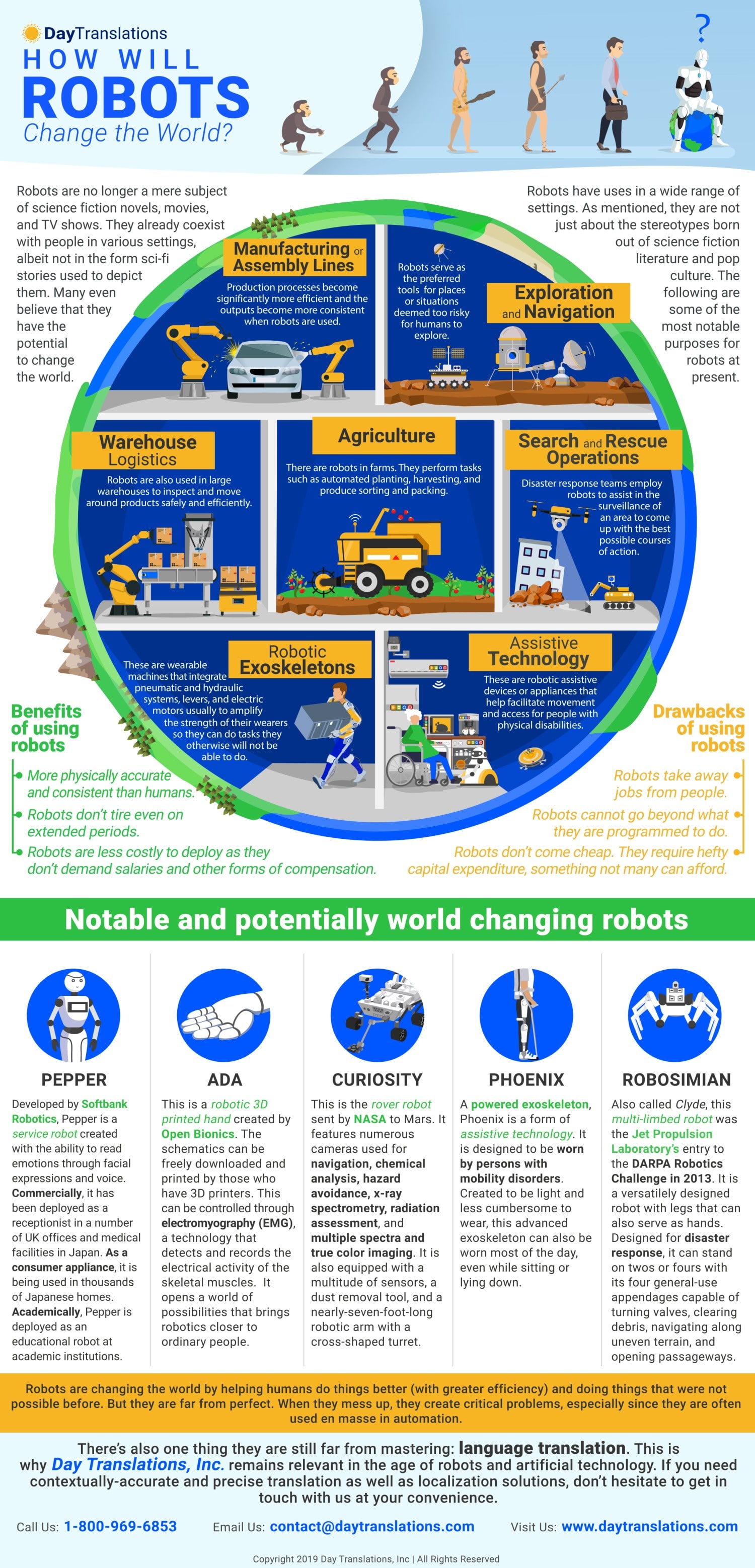Looking in the past, there were a lot of people who died after suffering from malaria, cancer, complications caused by HIV/AIDS, gangrene or cholera and other deadly diseases. However, nowadays technological advancements have made it possible for people with diabetes, kidney failure, liver cirrhosis, heart conditions etc. to live a long life with certain medications and treatment. Every day, medicine helps to save the lives of millions of people living across the world. Even people who suffer from terminal diseases such as cancer can now live a long and normal life due to the rigid progression in medicine. In this article, we will dwell upon some of the major medical advancements which the future will bring for us.
A glimpse into the history of medicine
Looking forward to our future, it is important to look back and examine the history of medicine. Medicine was practiced by the ancient Babylonians, Greeks, Chinese, Egyptians, and Indians. Even though people did not have the right tools and equipment to practice medicine appropriately in ancient times, they did so by using plants and herbs as the main ingredients to cure some diseases and broken bones. Later on, according to evidence gathered by the intact condition of Egyptian papyri, scientists were able to study the sophisticated equipment and techniques that Egyptians employed in healing wounds. Following the innovation and sophistication of the Egyptians, the Greeks were the ones who followed suit. They continued to practice and further advance the art of medicine and discover new cures and influenced the future of medicine. Their developments can still be heard today, where we still have the Hippocratic Oath which doctors still swear upon. From that time, advancements have constantly been made in the field of medicine and the innovations are still continuing. Nowadays, everything is more sophisticated, from surgical instruments to hearing devices, making people’s life easier.
What is the current state of affairs?
Throughout the last decade, we have seen significant improvements in medical research, disease treatment and general improvement of patient’s quality of life. Since the beginning of the 21st century, there has been a substantial reduction in infant mortality rates. Fewer women are dying as a result of pregnancy-related complications. HIV/AIDS diagnosis is no longer a death sentence. Today, doctors and other medical practitioners make use of high-tech medical equipment that can accurately detect, diagnose and treat a wide range of diseases.
What are the future medical advancements?
Personalized Medicine through Genomics
Genomics, the science studying the structure, function, and evolution of genes, will be a new approach that will mainly target the more complex diseases, such as cancer, and try to proactively cure diseases. According to scientists, the study of genes will give us so much information about so many factors, that we will able to prevent diseases before they even occur. Additionally, by studying the patient’s DNA composition, doctors will have a clear overview of treatment plans tailored specifically to the patient’s genes. This personalized medicine is growing in momentum as many physicians are already putting efforts and investigating these fields which are going to be an integral part of patient care.
Wearable Medical Devices
So far, we have witnessed the breakthrough of fitness trackers which have grown to be quite popular as they measure the physical activity of users. These devices can have huge potential if used for medicine. Just imagine having a device that would monitor your vitals for 24/7 and alert you in case there is a change in the signs. Additionally, these devices would very beneficial and efficient for post-surgery treatment where doctors could track the patient’s post – surgery condition and in case of complications, take immediate measures.
Medical Robots
Robots have been used for quite a while now in different industries where they have facilitated and substituted the heavy work done by humans with higher precision and efficiency. The usage of robots in medicine could be very appreciated, especially in surgeries. Currently, there are long-hour surgeries performed by humans. Robots can play a highly important role in substituting a surgeon in some parts of the surgery, such as applying stitches or holding some equipment which for the surgeons could be really tiring. This application would increase the efficiency and precision of surgeries.
Check this interesting infographic by Day Translations on How will Robots change the world: Medical 3D printers
Medical 3D printers
The discovery of 3D printers has really been a breakthrough for many as it has proven beneficial for many industries. Its development though has also proven to be revolutionary in medicine as we will be able to print tissues and organs, customized prosthetics, different types of drugs, implants, etc. Additionally, the usage of 3D printers has also many other benefits such as personalization of medical products and equipment, their cost-effectiveness, enhanced collaboration and increased productivity. However, we are currently experiencing the initial potential of 3D printers but in the upcoming 100 years, we will be able to whiteness much more.
In summary, the future of medicine will undoubtedly be fascinating. Expect to live in a world where there will be an increased interconnectedness between patients and doctors and very few cases of heart diseases. Scientists will most probably discover a cure for asthma, cancer and other diseases that are currently incurable. Additionally, we will have much more effective and efficient medical equipment whereby chances for people living with incurable diseases with have a higher percentage of living a longer normal life.




